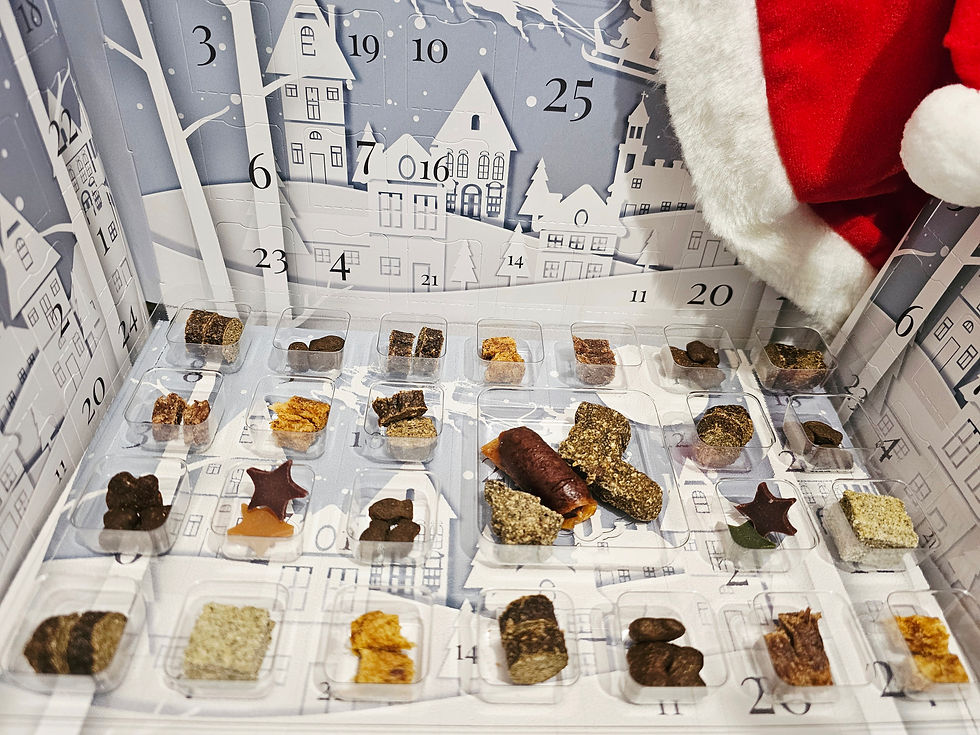Feclab Dog & Cat Combined Worm & Lungworm Kit
All kits contain a prepaid return postage.
Our combined kit offers excellent value and contains all you need to test for both lungworm and intestinal worms in Dogs or Cats.
We screen for the following:
- Heartworm
- Tapeworm
- Roundworm
- Hookworm
- Coccidia
- Whipworm
Dog Lungworm:
- Canine Lungworm
- Fox Lungworm
- Hedghog Lungworm
Cat Lungworm:
- Capillaria Aerophilus
- Aelurostrongylus Abstrusus
Worm counts
By using worm egg counts as part of your Animals health and worm management programme we can greatly reduce the number of times we use chemicals to treat for worms which is not only far better for your Animals it can also be far better for your purse.
Regular worm count testing allows you to monitor the effectiveness of your worming programme and target any worm burdens directly. For those using conventional wormers, worm counts mean that you are only worming when necessary – due to a positive test, thus helping reduce the resilience to the ingredients in conventional wormers and limiting the chemicals entering your pets.
Faecal worm counts are an essential part of a natural worming programme. Pesky parasites find their way into most dogs and cats lives therefore it is essential that we have a targeted worming programme to help protect them from infestation. So whether you chose to worm or not, worm count testing plays a crucial role in maintaining healthy pets.
Faecal Egg Count
Faecal Egg Count (FEC) is a method of determining how many internal parasite Eggs are present in a particular dung sample. It may also be possible to determine the different types of worms or other parasites present.
If eggs are found in a fecal sample it shows that worms are present in the animal.
We always test our sample twice to give a professional accurate result.
Types of Worms
Dog Roundworm
Roundworms are canine common internal parasites in dogs. Resembling spaghetti, adult worms are three to four inches long. There are several ways dogs can become infected.
Dog Hookworm
Hookworms are much smaller than roundworms—less than an inch long—and reside primarily in the small intestine. Because they feed on an animal’s blood, hookworms can cause life-threatening anemia. Hookworm eggs are passed in the stool and hatch into larvae, and dogs can become infected either through ingestion or skin contact. Please note, hookworms are more common in dogs than cats.
Dog Tapeworm
Long and flat, tapeworms are segmented parasites and range from 4 to 28 inches in length. An infestation can cause vomiting or weight loss. Dogs acquire tapeworms by ingesting an intermediate host, like an infected flea or rodent. When dogs are infected, tapeworm segments—actual pieces of the worm that resemble grains of rice—can often be seen on the fur around a dogs hind end.
Dog Lungworm
Unlike intestinal parasites, lungworms reside in the lungs of a dog. Most dogs will not show any signs of having lungworms, but some can develop a cough. Snails and slugs are popular intermediate hosts of this type of parasite, but dogs are usually infected after eating a bird or rodent who has ingested an intermediate host.or drinking from streams or puddles.
Lungworm
Our Lungworm faecal sample test is done using a technique called Baermann flotation , which may show larvae of both Angiostrongylus and Crenosoma but bear in mind that larvae may only be present intermittently in the faeces and dogs may show clinical signs such as coughing prior to the larvae being present in the faeces.
The faecal sample is suspended in a solution for 24 hours, Then analysed, Lungworm Faecal tests are not 100% , if you know of Lungworm cases in your area a veterinary blood test is advisable.
Please note:
A Fecal egg count is a snap shot of a specific moment in time. The test detects eggs of mature parasites that live inside the body and pass their eggs to the outside by shedding them into the dogs stool’s. It is possible that at the time of testing the parasites are too young to produce eggs, if no eggs are being shed the infection cannot be detected. There is also a possibility the eggs are In such small numbers at the time of testing they would be undetectable Thus showing a negative result.
The above is extremely rare but we would like to point out the possibilities.
This test kit is suitable for a Cat or a Dog and is for INTESTINAL WORM & LUNGWORM COMBINED KIT
Instructions for taking samples:
Worm (Green poo bag x 1)
Lungworm (Brown poo bags x 3) 3 samples taken over 3 days.
✔️Place the sample in the relevant poo bags
✔️Put the poo bag/s into the smaller compostable zip bag
✔️Place this into the larger compostable zip bag
✔️Complete your information leaflet
✔️Place both the leaflet and the larger compostable bag (which now contains your sample/s) into the postage bag.
✔️Pop in a standard letter box – Label is prepaid so no need for stamps.
✔️All Feclab kits contain a 1st Class, Prepaid returns envelope
Kits can be posted in a standard letterbox, saving you the trip to a post office.


































